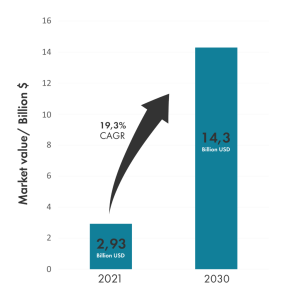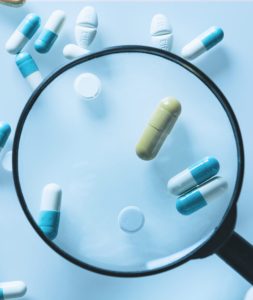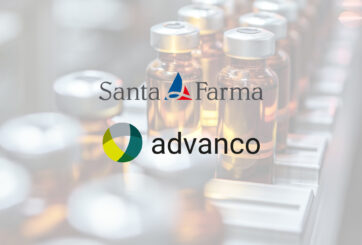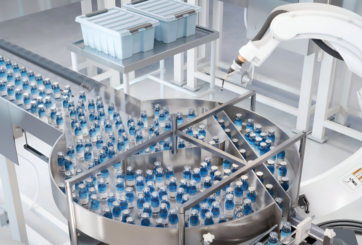High Growth Forecast for Global Track and Trace Solutions
It goes without saying that as one of the globe’s leading pharmaceutical track and trace specialists, advanco closely monitors any forecasts, or pieces of news, that are relevant to the sector.

We were therefore pleased to hear of a piece of research that forecasts major growth for the global track and trace solutions market. From being worth USD 2.93 billion in 2021, it is estimated to reach an expected value of USD 14.3 Billion by 2030, growing at a CAGR of 19.30% during the period from now until 2030.

As a business, of course, it excites us that the demand for the specialist services we offer is expected to grow at such a steep trajectory. We wouldn’t be in business if we didn’t want to grow – and the fact that there is such a strong, forecasted demand is of course good news to us.
However, what is more pleasing is the bigger-picture view, and the underlying reasons why track and trace services are expected to grow so steeply.
The fact is that more and more governments across the world are understanding that consumers need the assurance that serialization technology can provide. They know they cannot gamble with the health of people – and cannot risk people being exposed to forged medicines which, at the very least will make them ill, or at the worst will kill them.
The problem continues to be vast.
When you look at the wider counterfeiting operation in the pharmaceutical sector, it is predicted that 10% of pharma products worldwide are counterfeit, with the global counterfeit drug market exceeding an eye-watering $75bn. Research further estimates that the death-toll caused as a result could increase to 10 million people by 2050.
Further estimates by the World Health Organization show that between 72 000 and 169 000 children may die from pneumonia every year after receiving counterfeit drugs, and that fake anti-malarial medication might be responsible for an additional 116 000 deaths

Conclusion:
We should therefore all celebrate the forecasted high demands for the global track and trace solutions market.
Yes, it is good news for advanco.
But, on a much larger scale, it is good news for people right across the globe who will be under much less risk from taking dangerous, counterfeit medicines.
View the original article here.



